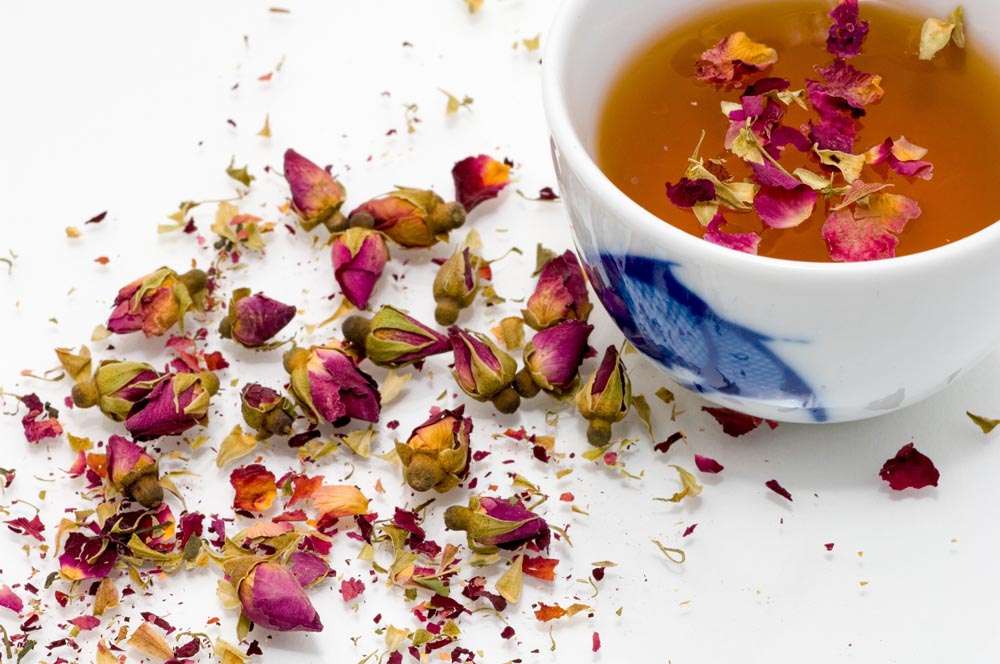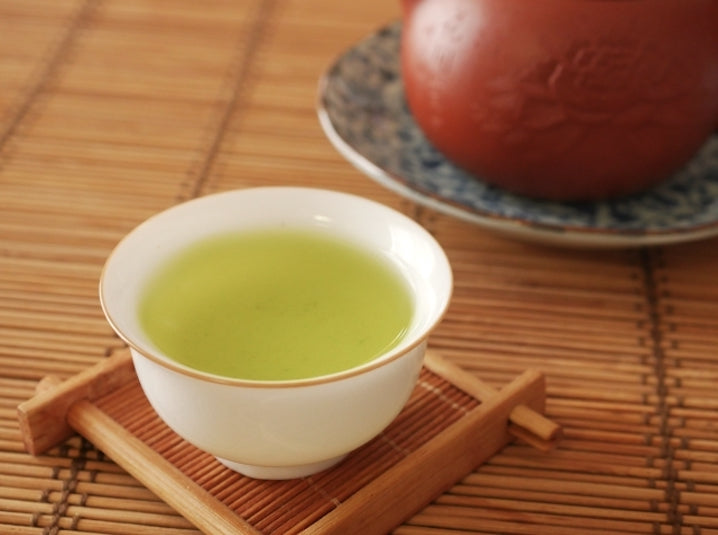With air pollution becoming an increasing concern worldwide, taking steps to safeguard your lung health has never been more important. Breathing in polluted air not only irritates the respiratory system but can also exacerbate conditions like asthma, bronchitis, and chronic obstructive pulmonary disease (COPD). Alongside minimizing exposure, incorporating herbal teas into your daily routine can provide natural support for respiratory wellness. Here are seven teas known for their potential to protect and soothe your lungs.
How Herbal Teas Benefit Lung Health
Herbal teas are rich in antioxidants and anti-inflammatory compounds that can reduce irritation, clear mucus, and protect lung tissue from the damaging effects of toxins. Certain teas also have natural expectorant properties, making it easier to expel mucus and improve airflow. Regularly drinking these teas can support lung function, ease respiratory symptoms, and enhance overall well-being.
7 Herbal Teas for Better Lung Health
1. Black Tea
Black tea is a powerhouse of antioxidants like theaflavins and catechins, which combat oxidative stress caused by environmental toxins. Studies suggest that these compounds may reduce inflammation in the respiratory system and improve overall lung function. A warm cup of black tea also provides a mild energy boost, aiding better airflow.
2. Green Tea
Known for its potent catechins, green tea is a great choice for lung health. Research indicates that regular consumption can reduce inflammation and protect lung tissue from oxidative damage. Drinking green tea has also been associated with improved lung function, making it a go-to for anyone exposed to high levels of pollution.
3. Peppermint Tea
Peppermint tea offers a refreshing way to support your respiratory system. The active compound, menthol, acts as a natural bronchodilator, relaxing the muscles around the airways and easing breathing. Its soothing properties can help reduce congestion and improve airflow, especially in polluted environments.
4. Ginger Tea
Ginger tea is widely celebrated for its anti-inflammatory and antioxidant benefits. Its active compounds, like gingerol, help reduce inflammation in the airways and protect lung tissue from pollution-related damage. Drinking ginger tea can also alleviate respiratory symptoms like wheezing and coughing by clearing mucus and reducing irritation.
5. Licorice Root Tea
Licorice root has long been used in traditional medicine for respiratory issues. It contains glycyrrhizin, a compound that helps soothe inflammation, reduce mucus buildup, and protect lung cells from oxidative damage. However, licorice root should be consumed in moderation to avoid potential side effects like increased blood pressure.
6. Eucalyptus Tea
Eucalyptus tea is rich in eucalyptol, known for its antimicrobial and anti-inflammatory properties. It can help open airways, clear congestion, and ease symptoms of respiratory conditions like asthma or bronchitis. This tea is particularly effective for reducing the impact of pollution on the respiratory system.
7. Mullein Tea
Mullein tea is a natural remedy for clearing mucus and soothing irritation in the lungs. Its expectorant properties make it an excellent choice for those dealing with chronic cough or pollution-induced respiratory discomfort. By reducing airway inflammation, it supports easier breathing and better lung function.
Tips for Enjoying Lung-Healthy Teas
- Frequency: Aim to drink 1-2 cups of herbal tea daily to experience its benefits.
- Choose Wisely: Select teas based on your specific respiratory needs and consult a healthcare provider if unsure.
- Moderation: Certain herbs, like licorice root, should be consumed in limited quantities to avoid side effects.
FAQs
1. Can herbal teas cure respiratory conditions?
Herbal teas cannot cure conditions like asthma or COPD but can help manage symptoms by reducing inflammation and easing breathing. They are best used as a complementary approach alongside medical treatments.
2. Are there any side effects of drinking these teas?
Most herbal teas are safe, but some can cause mild side effects if consumed excessively. Always consult a healthcare professional, especially if you have pre-existing health conditions.
3. Which tea is best for regular consumption?
Green tea and peppermint tea are excellent options for daily use, offering a blend of safety, respiratory benefits, and antioxidant properties.
Take Charge of Your Respiratory Health
Incorporating these lung-friendly teas into your routine can be a simple yet effective way to combat the effects of air pollution and maintain healthy lungs. With each sip, you’re not only enjoying a soothing drink but also taking proactive steps to protect your respiratory system.




